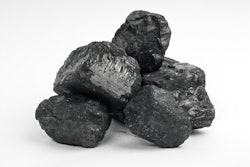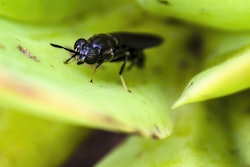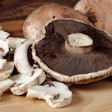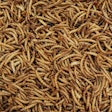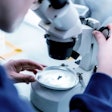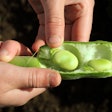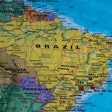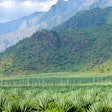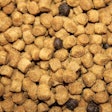
Innovafeed, a producer of insect-based ingredients for animal and pet nutrition, has been included in the newly launched Avoided Emissions Platform (AEP), a science-based initiative to quantify how emerging technologies contribute to emissions reduction across global industries.
The AEP is designed to establish a standardized method for measuring "avoided emissions" — sometimes referred to as "scope 4" emissions — across 65 sectors, including agriculture and food systems. It aims to give companies, investors and policymakers a harmonized, transparent tool for evaluating climate impact. Led by environmental and financial organizations including Quantis, Robeco and Mirova, the AEP provides a Life Cycle Assessment (LCA)-based framework to assess the environmental benefits of innovative solutions.
"Insects are a forward-looking, measurable, and high-impact solution for transforming our agri-food system," said Clément Ray, CEO and co-founder of Innovafeed. "Through our circular model, we upcycle agricultural by-products into sustainable ingredients, significantly reducing CO₂ emissions. The AEP represents a crucial milestone in providing the most up-to-date data on the real-world impact of our solutions."
Innovafeed collaborated with Quantis, an environmental consultancy specializing in LCA, to develop its contribution to the platform.
"Environmental impact must be assessed using common, robust methodologies. The AEP embodies this collective ambition: by standardizing the measurement of avoided emissions, it strengthens the credibility of climate solutions—like Innovafeed’s—and helps channel financial flows toward the most virtuous companies," said Pierre Collet, Global Footprint Lead at Quantis.
The initiative was also welcomed by the International Platform of Insects for Food and Feed (IPIFF), which advocates for the integration of insect farming into the EU’s green finance and sustainability frameworks.
"This initiative marks a foundational step for the European insect protein industry,” said Christophe Derrien, secretary general of IPIFF. “The AEP’s work provides scientific validation of the insect sector’s potential as a lever for emissions reduction in agriculture and food—a critical issue for the European Green Deal."
The AEP is expected to help investors and regulatory bodies better assess the role of innovative feed ingredients — such as insect meal — in reducing the environmental impact of food production. By modeling climate contributions with reliable data, the platform supports the growing interest in nature-based and circular economy solutions across sectors, including pet food.
Adapted from a press release.


